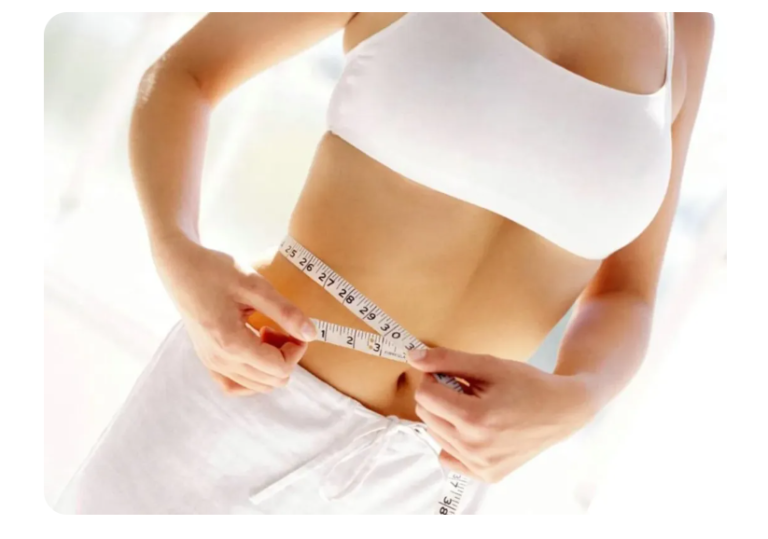Fat transfer, also known as Fat Grafting in Dubai, is a popular cosmetic procedure in Dubai. It involves harvesting fat from one part of the body and injecting it into another area to enhance volume and shape. Whether you’re undergoing fat transfer for breast augmentation, facial rejuvenation, or body contouring, proper post-operative care is essential for optimal results. One of the most important aspects of recovery is ensuring your body has the nutrients it needs to heal. This blog will explore the best supplements to take after fat transfer in Dubai, along with cost information in Dubai, before and after results, and answers to frequently asked questions.
Why Supplements Are Important After Fat Transfer in Dubai
After fat transfer surgery, your body goes through a healing process that requires an increased intake of certain vitamins and minerals. Supplements can support this recovery by:
- Enhancing Healing: Vitamins and minerals can speed up the healing process by supporting tissue repair and reducing inflammation.
- Promoting Fat Survival: The survival of transferred fat cells is crucial for the success of the procedure. Certain supplements can improve fat cell viability.
- Boosting Immune Function: A strong immune system helps prevent infections and complications during recovery.
The Best Supplements to Take
- Vitamin C
- Benefits: Vitamin C is essential for collagen production, which aids in skin healing and the overall recovery process. It also has antioxidant properties that protect cells from damage.
- Recommended Dosage: 1,000 mg daily.
- Vitamin D
- Benefits: Vitamin D plays a role in immune function and bone health, both of which are important after surgery. It also supports the healing of soft tissues.
- Recommended Dosage: 2,000 IU daily.
- Omega-3 Fatty Acids
- Benefits: Omega-3s have anti-inflammatory properties that can help reduce swelling and support the survival of transferred fat cells.
- Recommended Dosage: 1,000 mg of EPA and DHA combined daily.
- Zinc
- Benefits: Zinc is crucial for wound healing and immune function. It helps in collagen formation and accelerates the healing of surgical incisions.
- Recommended Dosage: 15-30 mg daily.
- Arnica Montana
- Benefits: Arnica is a homeopathic remedy known for its ability to reduce bruising and swelling. It’s often recommended after surgical procedures.
- Recommended Dosage: Follow the product’s instructions, typically 30C potency taken 2-3 times daily.
- Bromelain
- Benefits: Derived from pineapples, bromelain is an enzyme that reduces inflammation and swelling. It also aids in the healing process.
- Recommended Dosage: 500 mg taken three times daily between meals.
- Probiotics
- Benefits: Probiotics support gut health and immune function, which can be compromised after surgery due to antibiotics or stress.
- Recommended Dosage: Choose a high-quality probiotic with multiple strains and a CFU count of at least 10 billion.
- Collagen Peptides
- Benefits: Collagen supplements can support skin elasticity and healing, making them ideal for post-surgery recovery.
- Recommended Dosage: 10-15 grams daily mixed in water or smoothies.
Cost of Fat Transfer in Dubai
The Fat transfer cost in Dubai can vary widely depending on several factors, including the surgeon’s expertise, the areas being treated, and the complexity of the procedure. On average, patients can expect to pay anywhere from AED 4,999 to AED 40,000. It’s important to note that this cost may not include additional fees such as anesthesia, facility charges, and post-operative care. Consulting with multiple surgeons to get a clear understanding of the overall cost and what is included in the price is advisable.
- Fat Transfer in Dubai
- Facial Fat Transfer in Dubai: AED 7,000 to AED 12,000
- Breast Fat Transfer in Dubai: AED 18000 to AED 25000
- Buttock Fat Transfer in Dubai: AED 25,000 to AED 40,000
- Body Contouring in Dubai:
- Liposuction in Dubai: AED 16,500 to AED 50,000 per area
- Tummy Tuck in Dubai: AED 26,500 to AED 46,999
- Body Lift in Dubai: AED 35,000 to AED 55,000
It’s essential to consult with a board-certified plastic surgeon to get a personalized quote and understand what is included in the price.
Before and After Results
Fat transfer results can be impressive, offering natural-looking enhancements with minimal scarring. However, the success of the procedure heavily relies on post-operative care, including proper nutrition and supplementation. Patients often see an improvement in volume and contour in the treated areas, but it’s important to note that some of the transferred fat may not survive. The final results can take several months to fully manifest as swelling subsides and the body adjusts.
Before the Procedure:
- Areas with excess fat are identified for harvesting.
- The patient is advised to maintain a stable weight.
After the Procedure:
- Initial swelling and bruising are common.
- Results become more apparent as the body heals.
- Proper supplementation can enhance fat survival and healing.
FAQs About Fat Transfer in Dubai
What supplements should I avoid after fat transfer surgery?
Avoid supplements that thin the blood, such as vitamin E, fish oil (in excess), and certain herbal supplements like ginkgo biloba, as they can increase the risk of bleeding.
How long should I take these supplements?
Most supplements should be taken for at least 4-6 weeks after surgery, but some, like vitamin C and collagen, can be continued long-term for overall health benefits.
Can I get all these nutrients from food instead of supplements?
While a balanced diet is crucial, it can be challenging to obtain therapeutic doses of certain nutrients from food alone, especially during the healing process. Supplements ensure you meet your body’s increased needs.
Are there any side effects from taking these supplements?
Generally, these supplements are safe when taken at recommended doses. However, excessive intake can lead to side effects. Always follow the dosage instructions provided by your healthcare provider.
Will taking these supplements guarantee better results?
While supplements can support the healing process and fat survival, they are not a guarantee of success. Following your surgeon’s advice and maintaining a healthy lifestyle are equally important.
Conclusion
Taking the right supplements after fat transfer surgery can significantly impact your recovery and the overall success of the procedure. By providing your body with the necessary nutrients, you can enhance healing, reduce complications, and enjoy long-lasting results. Always consult with Best plastic surgeons in Dubai before starting any new supplement regimen to ensure it’s tailored to your specific needs.
If you’re considering fat transfer in Dubai, make sure to factor in the cost of supplements and follow a comprehensive post-operative plan for the best outcomes.




